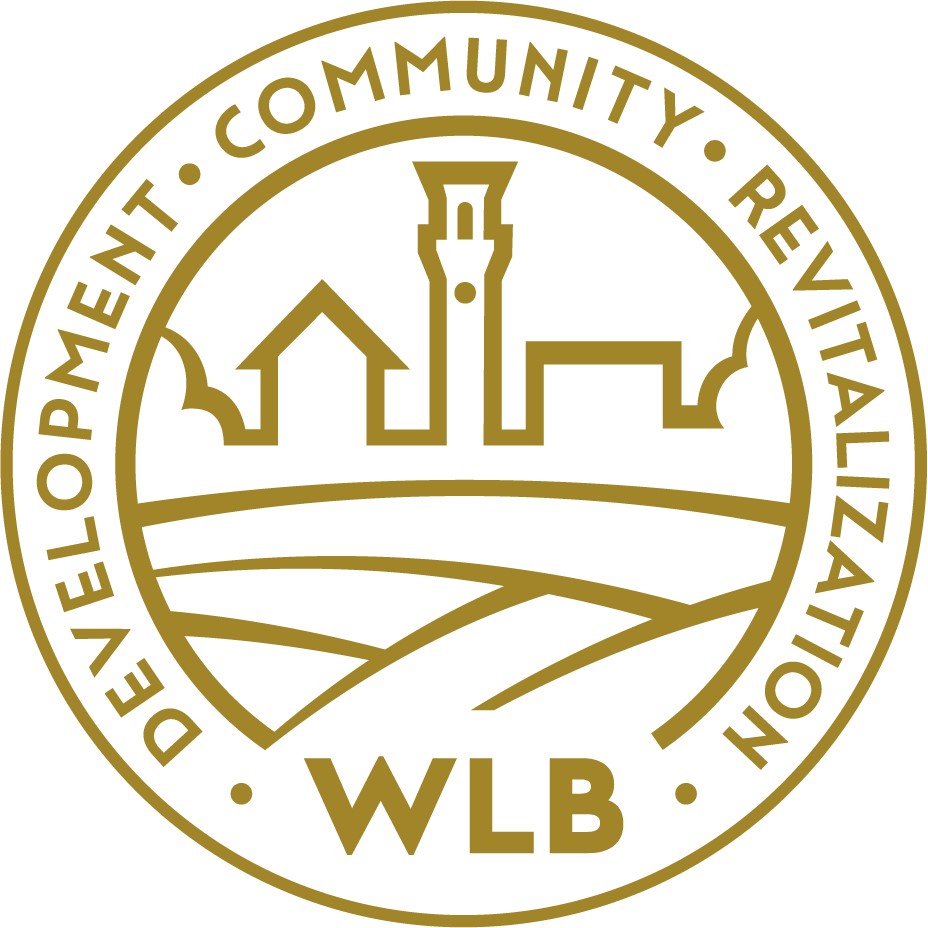Nancy M. MacMillan, Executive Director
Hired in July 2022, Nancy MacMillan has professional experience within the public and private sectors, working in commercial real estate appraising, affordable housing development, community development, and county government.
Nancy graduated from Saint John’s University with a Bachelor of Science Degree in Criminal Justice. Her original aspirations were to go to Law School at St John’s University but after graduation, she pursued a career in commercial real estate appraising, obtaining a NYS General Certified Real Estate Appraiser License. As a commercial appraiser, Nancy analyzed commercial real estate, taxes/assessments, feasibility of real property, and market trends. This analytical ability assists the WLB in repurposing blighted property and returning properties to viable uses for the City.
Ms. MacMillan’s experience employed in Westchester County Government in the Planning Dept was an invaluable experience. As Director of Housing, Nancy and her staff were responsible for the underwriting of housing grants provided by the County, and asset management of over 1,500 properties which received grants/loans provided by the County.
As Director of Real Estate Development in New Haven for Common Ground Community, a NYC based organization, Nancy managed their New Haven office and completed several initiatives in CT for Common Ground. The redevelopment of the Historic Hollander Building on Asylum Ave in Hartford was accomplished during her time with CGC. With the partnership of Yale School of Architecture, the West Haven Veterans Administration, and the Greater New Haven Community Loan Fund, Nancy was the team leader for Common Ground Community in creating their first home ownership-housing model. Yale students designed and built several two-family homes for moderate- and low-income families with focus on female veterans.
As Executive Director for Loyola Development Corporation in the City of Waterbury, Ms. MacMillan assisted in the revitalization of the South End Neighborhood. Partnering with the Carabetta Organization, Loyola Development developed Liberty Commons, an affordable housing project for families on South Main Street. Support was given by the City of Waterbury, CHFA, and DOH.
As Executive Director for the WLB, Nancy has strong aspirations to work with her Board of Directors and collaborate with the City of Waterbury to successfully transform distressed properties into productive uses. As second land bank in CT, the WLB has an exciting opportunity to make a contribution in the renaissance of Waterbury.











